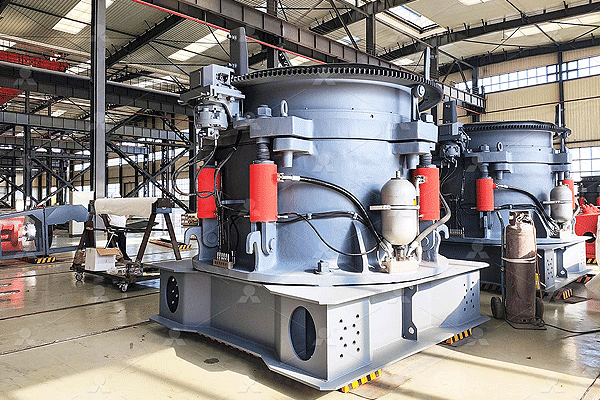Mobile Jaw Crusher for Andesite Quarry: 180 TPH Solution
Introduction to Mobile Jaw Crushers in Quarrying
Mobile jaw crushers have become essential equipment in modern quarry operations, offering flexibility and efficiency. For andesite quarries, where hard and abrasive rock is common, a 180-ton-per-hour (TPH) mobile jaw crusher provides an optimal balance between production capacity and mobility. These units eliminate the need for fixed infrastructure, allowing operators to move the crusher closer to the extraction site as needed.
Unlike stationary crushers, mobile jaw crushers reduce hauling costs by processing material on-site. Their compact design and quick setup make them ideal for medium-scale quarrying operations where frequent relocation is required. Additionally, advanced models feature intelligent control systems that optimize crushing performance while minimizing fuel consumption.
Key Features of a 180 TPH Mobile Jaw Crusher
A high-capacity mobile jaw crusher designed for andesite applications must incorporate several critical features to ensure durability and efficiency. The crushing chamber should be reinforced with wear-resistant materials to withstand the abrasive nature of andesite. A robust hydraulic adjustment system allows operators to fine-tune output size without downtime. 
Powerful diesel engines provide sufficient torque for continuous operation, while eco-friendly designs comply with emission regulations. Some models include pre-screening capabilities to remove fines before crushing, improving overall efficiency. The chassis is typically designed for rough terrain, ensuring stability even on uneven quarry floors. 
Advantages of Using a Mobile Crusher in Andesite Quarries
Andesite’s high compressive strength demands reliable crushing equipment. A mobile jaw crusher offers several advantages over traditional fixed plants:
- Flexibility – The ability to relocate the crusher reduces haulage distances as mining faces shift.
- Cost Efficiency – Lower transportation costs and reduced labor requirements improve profitability.
- Quick Setup – Minimal assembly time allows faster production starts compared to stationary installations.
- Scalability – Multiple units can be deployed for larger projects without major infrastructure changes.
Additionally, modern mobile crushers integrate telematics for remote monitoring, enabling real-time adjustments to maximize uptime and performance.
Maintenance Considerations for Optimal Performance
To sustain 180 TPH output in an abrasive environment like an andesite quarry, regular maintenance is crucial. Key practices include:
- Daily inspections of wear parts (jaws, liners) to prevent unexpected failures.
- Lubrication checks on bearings and hydraulic systems to minimize friction-related wear.
- Belt tension adjustments to avoid slippage or premature damage.
- Software updates for automated systems to ensure peak operational efficiency.
Proactive maintenance extends equipment lifespan and reduces unplanned downtime, directly impacting productivity and profitability in quarry operations.
Conclusion: Enhancing Quarry Efficiency with Mobile Crushing
A 180 TPH mobile jaw crusher is a strategic investment for andesite quarries seeking productivity gains without sacrificing mobility. Its ability to process hard rock efficiently while adapting to changing site conditions makes it indispensable in modern aggregate production. By leveraging advanced technology and proper maintenance protocols, operators can maximize output while minimizing operational costs—ensuring long-term success in competitive markets.
